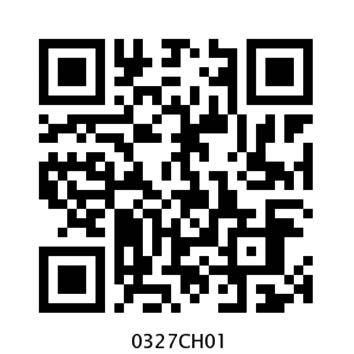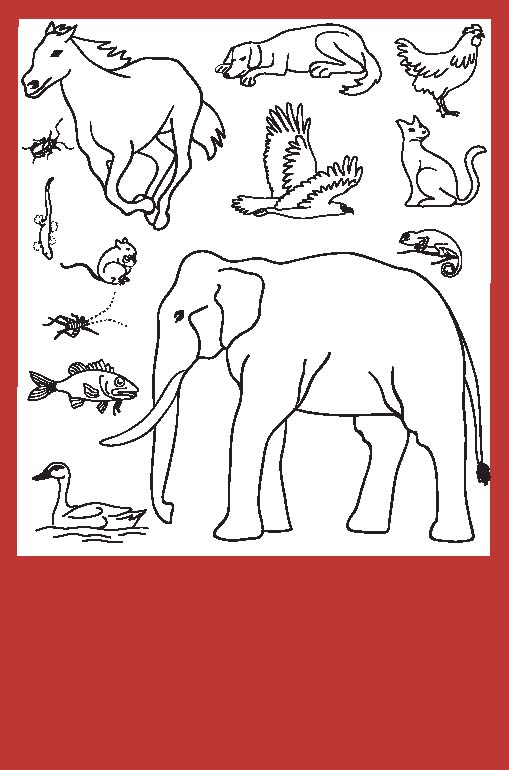Table of Contents
1

1. Poonam’s Day Out
Ma, please let me go to school today, I have been at home for the past two days. I am getting bored - said Poonam. But you still have fever. Go outside and lie down on the cot - replied Ma.
Poonam fell asleep on the cot. Suddenly, something fell on her face. Poonam woke up at once and touched her cheek. Oh no, whose mischief is this? Is it the crow’s or the pigeon’s? It seems it’s the crow's.

* Children learn a lot from people and things in their environment. Through this lesson children should be given an opportunity to observe nature - not just sit in the class and read their lesson.
2
⇒ Poonam looked up. She saw many animals on the tree. Which animals can you spot on the tree in the picture? Write down their names.
________ ________ ________ ________
________ ________ ________ ________
Poonam picked up a leaf from the ground and wiped her cheek with it. But her cheek was still sticky. She thought - Let me go and wash my face in the nearby pond.

⇒ Which animals did Poonam see at the pond? Look at the picture and write their names.
________ ________ ________ ________
________ ________ ________ ________
* In the book the word ‘animal’ is used for insects, birds, reptiles and mammals. At this age, children cannot classify animals into different categories. Try to find out what children understand by the word ‘animal’. Encourage children to collect more details of various animals.
3
¶ Can you act like the animals seen at the pond? Which animal makes what kind of sounds and movements? Try to make similar sounds.
Different animals move in different ways to go from one place to another. Some animals walk, some crawl, some fly and some swim. For this, some animals use their feet, some use their wings. Some animals even take the help of their tail.
⇒ You must have seen many animals too. Write which of them –
can fly __________ __________ __________
can crawl _________ __________ _________
can walk __________ __________ _________
can hop __________ __________ _________
have wings _________ _________ _________
have feet __________ _________ _________
have a tail _________ _________ _________
Animals live in different places. Some animals live in the trees, some in water. Some live on land, some live under the ground and some fly in the sky. Some animals even live in our houses.* Children love to look at the colours, shapes and movement of animals and listen to their sounds. They enjoy imitating them too. Looking at the diversity in the animal world and putting them under different groups is the beginning of classification.
4
¶* Look at the pictures given below. Colour the animals that do not live in your house.

5
* Here are some incomplete pictures of animals. Complete them and write their names below.

œ Who am I?
Find my name in the crossword and put a circle around it. One example has been given.
| s | t | y | a | b | l | s |
| m | o | n | k | e | y | p |
| m | r | q | n | x | a | i |
| d | t | f | r | o | g | d |
| j | o | w | l | e | k | e |
| l | i | b | c | h | i | r |
| m | s | n | a | i | l | n |
| g | e | f | q | s | w | y |
1. Banana is what I love eating,
I spend my time jumping and leaping.
2. On the walls, webs I weave,
Where insects stick and cannot leave.
3. I remain awake the whole night, And go to sleep in broad daylight.
4. Croak, croak, croak is my sound, In water or on land I am found.
5. I appear after rainfall, Have no feet so I crawl.
6. Slow and steady is my pace,
I always win when there is a race.
* Riddle No. 6 is based on the story of Panchatantra ‘The Hare and the Tortoise’. Tell children other stories from the Panchatantra and encourage them to read more of these.
6

¶* Magic with fingers
Take a look at the picture. Can you distinguish the thumb prints from the other finger prints.
In the same way, using ink or water colours, make pictures of animals. Make pictures using your own imagination. Do not copy the ones shown above. You can use the pictures you have made to decorate your school and home.
* Children like to do creative activities such as making pictures with fingers and thumb prints. Encourage them to make their own designs.
7
*Let us have some fun
In your notebook
-
Draw a picture of an animal that you have seen.
Make groups of three children each. Each group will take a white paper.
1. In each group, one child will draw the face and neck of an animal at the top of the paper and hide it by folding this part.
2. The second child will draw the body of another animal in the centre of the paper and hide it by folding the paper.
3. The third child will draw the feet of yet another animal.
4. Now, unfold the paper and look at the picture.

Does it not look like a funny animal!
Also, look at the pictures made by your friends.
* Encourage children to look carefully at animals and make pictures on their own. Children may need help when they are making pictures in a group.
8
¶⇒ Spend some time under a tree. Observe the animals carefully. Name the animals which can be seen
on the branches _____ _____ _____
on the leaves _____ _____ _____
on the trunk _____ _____ _____
on the ground _____ _____ _____
around the tree _____ _____ _____
Now arrange these animals in the order of their size - smallest being the first.
1. ______ 2. ______ 3. ______
4. ______ 5. ______ 6. ______
7. ______ 8. ______ 9. ______
10. _____ 11. _____ 12. _____
13. _____ 14. _____ 15. _____
¶ Jigsaw puzzle
In a jigsaw puzzle, a picture is cut in such a way that one has to really think hard to fit the picture together.
* This activity is a beginning to sequence. The sequence will depend on the experience of the child – a squirrel can be smaller or bigger than a sparrow. Discuss issues related to sensitivity towards animals in an interactive manner.
9
Now, make a jigsaw puzzle using a picture of any animal. Paste the picture on a cardboard. Now, cut the cardboard along the edges of the picture. Cut this cardboard into unequal pieces. Give these pieces to your friends. Ask them to put the pieces together and identify the animal.

* The jigsaw should be cut in such a manner that it is a challenge for the child. It should not be so simple that it can be put together too easily. Encourage more such activities and appreciate their work.